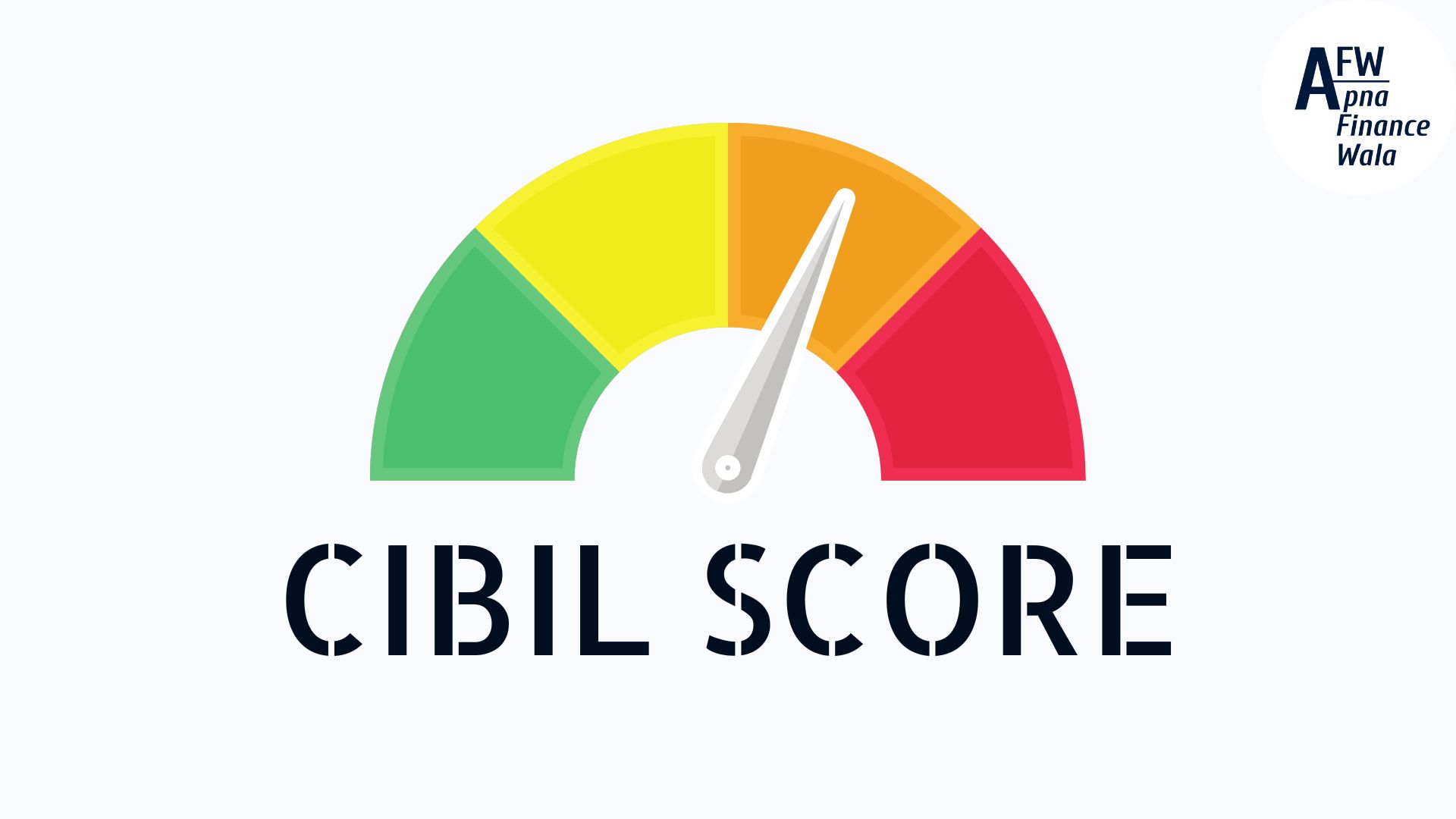Understanding CIBIL Score: Your Key to Creditworthiness
In the realm of personal finance, having a good credit score is crucial. Your creditworthiness plays a significant role in determining your eligibility for loans, credit cards, and other financial services. One widely used credit scoring system in India is the CIBIL score. This article will delve into the concept of CIBIL score, its importance, factors affecting it, and strategies to improve it.
Table of Contents
- What is a CIBIL Score?
- Why is a CIBIL Score Important?
- Factors Affecting Your CIBIL Score
- How to Check Your CIBIL Score
- Understanding CIBIL Score Ranges
- Tips to Improve Your CIBIL Score
- Myth Buster: Common Misconceptions about CIBIL Score
- CIBIL Score and Loan Applications
- Importance of Maintaining a Good CIBIL Score
- Conclusion
1. What is a CIBIL Score?
The Credit Information Bureau (India) Limited, commonly known as CIBIL, generates credit scores that reflect an individual’s creditworthiness. The CIBIL score is a concise numerical representation consisting of three digits, with a scale that spans from 300 to 900. The higher the CIBIL score, the better your credit profile.
2. Why is a CIBIL Score Important?
Lenders, such as banks and financial institutions, rely on CIBIL scores to assess the creditworthiness of individuals. A higher score increases your chances of obtaining loans, credit cards, and favorable interest rates. It indicates your ability to repay debts on time and manage credit responsibly.
3. Factors Affecting Your CIBIL Score
Several factors influence your CIBIL score, including your repayment history, credit utilization, length of credit history, types of credit, and recent credit inquiries. Gaining a comprehensive understanding of these factors empowers you to make well-informed decisions, enabling you to effectively maintain or enhance your credit score.
4. How to Check Your CIBIL Score
To access your CIBIL score, you can visit the official CIBIL website and follow the necessary steps for obtaining your credit report. It is essential to review your credit report regularly to identify any errors or discrepancies that could impact your score.
5. Understanding CIBIL Score Ranges
CIBIL scores are categorized into different ranges, reflecting varying levels of creditworthiness. These ranges help lenders evaluate an individual’s risk profile. Understanding the ranges can provide insights into where you stand and how lenders may perceive your creditworthiness.
6. Tips to Improve Your CIBIL Score
If you have a lower CIBIL score or want to enhance your credit profile, there are effective strategies you can implement. This section will provide you with practical tips such as paying bills on time, maintaining a low credit utilization ratio, and avoiding excessive credit inquiries.
7. Myth Buster: Common Misconceptions about CIBIL Score
There are numerous myths and misconceptions surrounding CIBIL scores. This section aims to debunk common misconceptions and provide accurate information about how CIBIL scores are calculated and used by lenders.
8. CIBIL Score and Loan Applications
Your CIBIL score plays a crucial role in loan applications. Lenders review your score to assess your creditworthiness and determine whether to approve your loan request. Understanding the connection between your CIBIL score and loan applications can help you navigate the borrowing process more effectively.
9. Importance of Maintaining a Good CIBIL Score
Maintaining a good CIBIL score goes beyond immediate loan approvals. It enhances your financial reputation, expands your borrowing opportunities, and may lead to better terms and conditions on loans and credit cards. This section will highlight the long-term benefits of a healthy credit profile.
10. Conclusion
A CIBIL score serves as a critical tool for lenders to assess your creditworthiness. By understanding the factors influencing your score and implementing smart financial habits, you can improve and maintain a healthy CIBIL score, opening doors to various financial opportunities.
Remember, maintaining a good CIBIL score is an ongoing process that requires responsible credit management and financial discipline.






